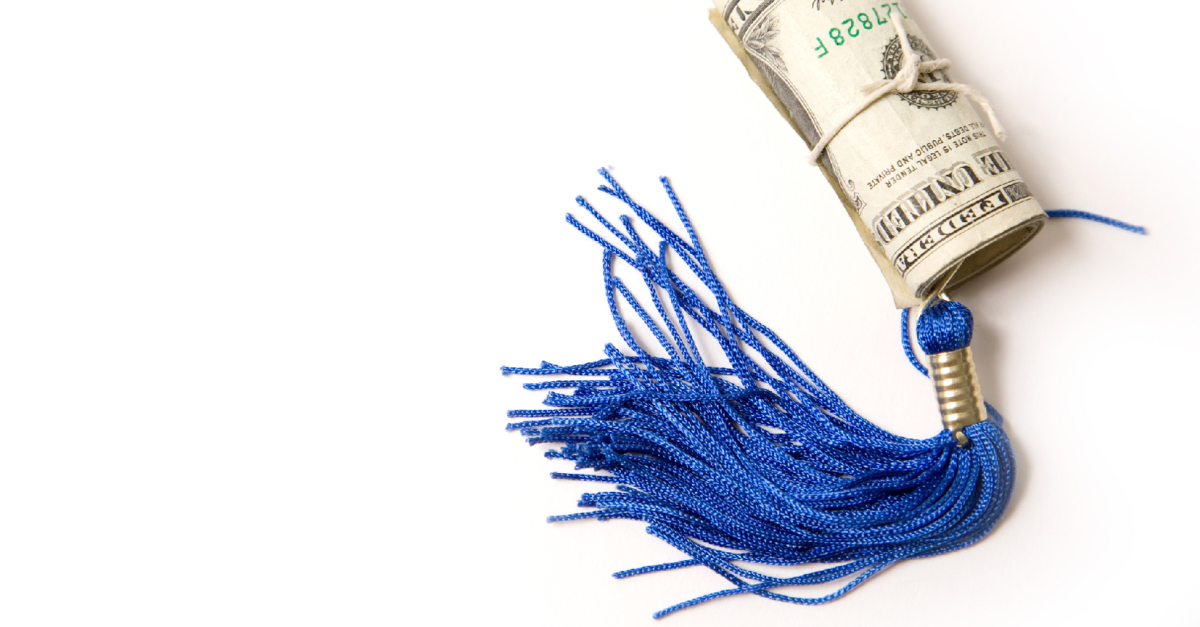As College Costs Rise, Many Families Remain in the Dark About Expenses
The average cost of tuition, fees, room and board at U.S. public four-year colleges rose to more than $22,000 for the 2021/2022 academic year, and annual expenses at private institutions exceeded $50,000. Yet approximately 25% of parents of high school students expect “the sticker price for one year of college” to be no more than $5,000, as do 38% of high school students. “Six in 10 college-bound high school students said the pandemic has changed their view of higher education… More are wary of the price tag — 4 out of 10 students go so far as to rank cost as the ‘most important’ factor in choosing a school.” According to one estimate, Americans currently owe more than $1.7 trillion in student loan debt.
Source: CNBC
Financial Worries Top the List of Higher-Ed Leaders’ Concerns
Among the 700 college faculty members, mid-level and senior administrators surveyed last fall about their top concerns and priorities, 74% said they were worried about “financial constraints and how the pandemic might impact their colleges long-term, a foreboding recognition given the rise of COVID-19 variants and positive cases, the re-masking of students and low vaccination rates.” Other top-of-mind issues included addressing persistent inequities (46%), enabling change (37%), promoting the value of liberal arts (30%) and communicating the benefits of liberal education (24%). Looking to the future, 80% of respondents expressed concerns about families’ financial needs and more than 60% “said they were uncertain their institutions could handle another crisis.”
Source: University Business
Graduates of Most — But Not All — Colleges are Able to Recoup Costs Relatively Quickly
A recent study of more than 38,000 four-year colleges found that the vast majority (65%) produce graduates who are able to earn enough money to recoup college costs within 10 years; nearly half (46%) turned out graduates who were able to do so within five years. “The bad news? Almost one quarter of all college programs (10,000) produce graduates who fail to earn enough to pay off their educational costs within 20 years after they’ve completed their studies… Degree programs at public institutions have the highest likelihood that graduates can recoup their educational investment within five (56%) or 10 years (73%) after completing their program.”
Source: Forbes
Incoming Freshmen Are Already Feeling Stressed
Most incoming college freshman (53%) have “reported a substantial increase in mental and emotional exhaustion.” Among that group, almost 70% cited “high expectations of academic difficulty,” compared with 42% of those who did not describe themselves as mentally exhausted. Overall, 30% of students surveyed said they felt increased levels of depression, while 27% said they were lonelier and 20% reported feeling more hopeless. More than 20% also said they had trouble sleeping, and a comparable number told researchers they have a hard time concentrating. “The combination of mental and emotional exhaustion and expected academic difficulty strongly suggests an imperative to implement widespread and early check-ins by faculty, academic advisors and student life staff to offer the support and — if necessary — intervention to help students’ first college year be successful.”
Source: Inside Higher Ed
